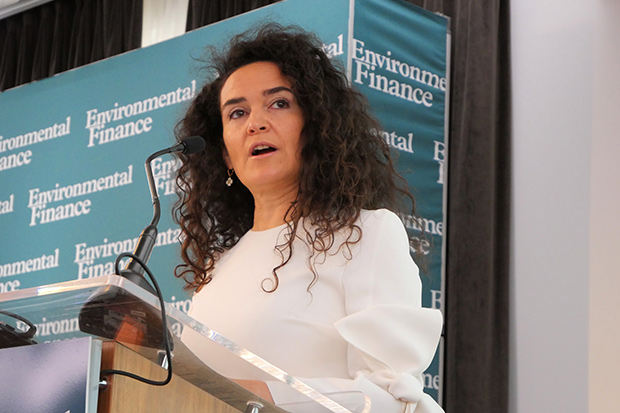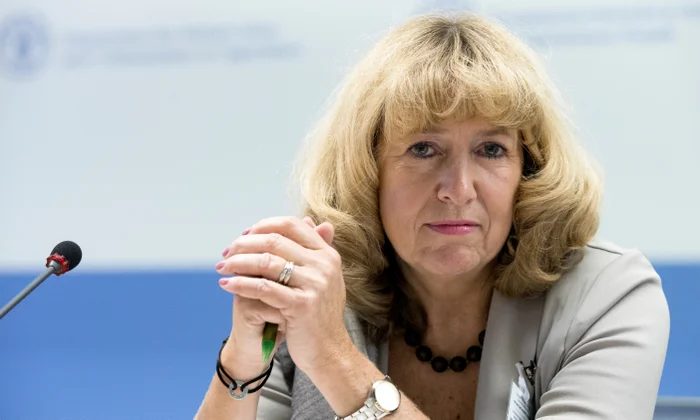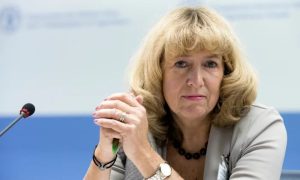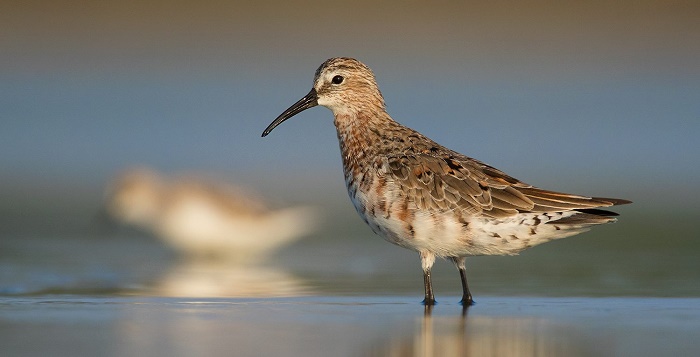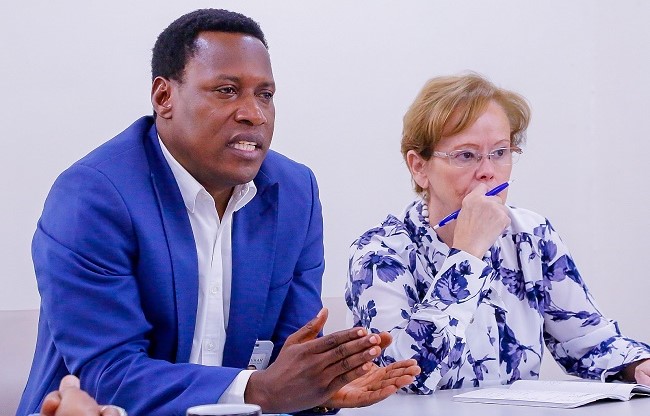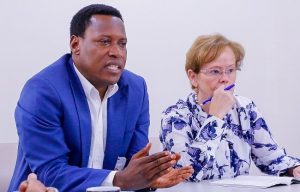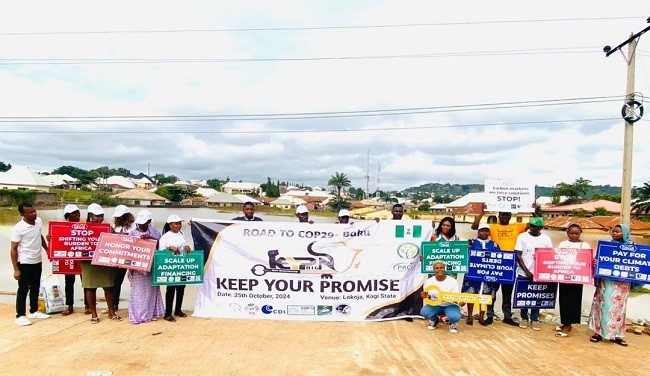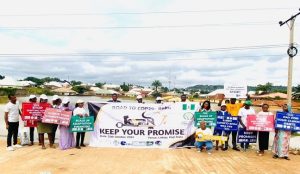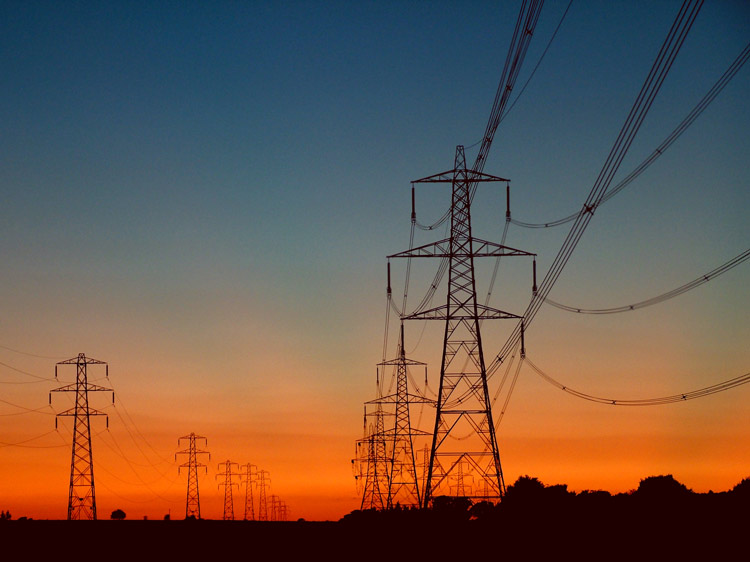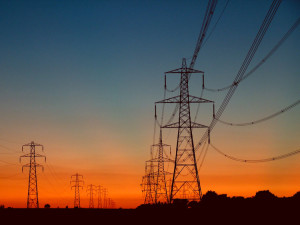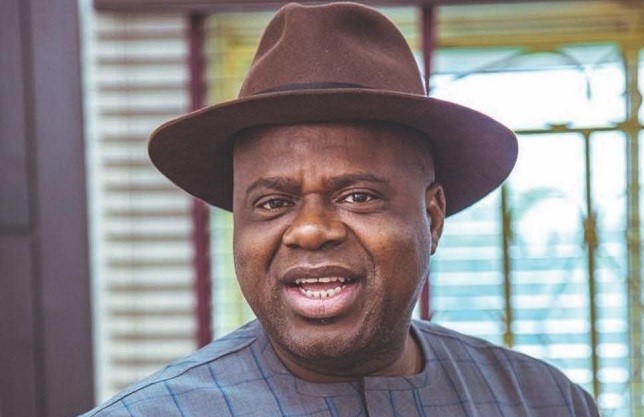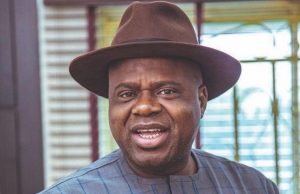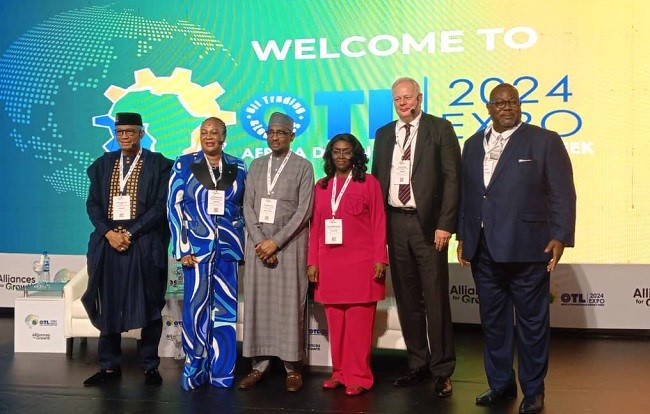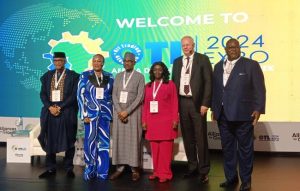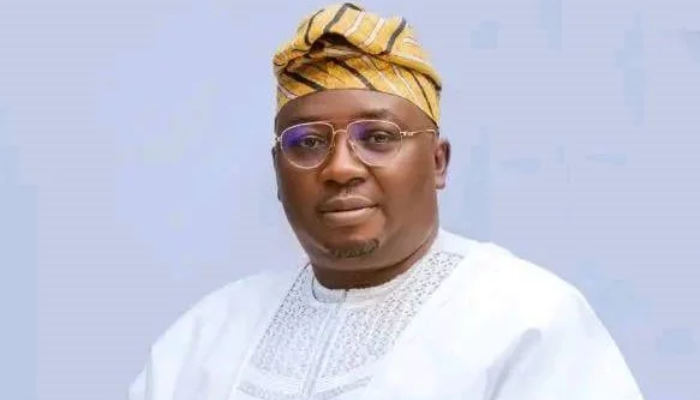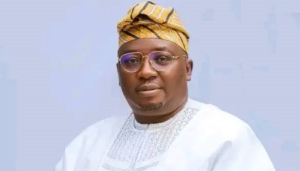The Green Climate Fund (GCF) Board has approved a slate of innovative climate projects allocating more than $1.0 billion of GCF investment and bringing GCF’s portfolio of investments to a total of $16 billion, $61.5 billion, including expected co-financing, across 286 projects.
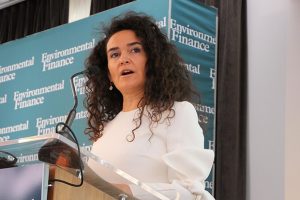
The 40th Board meeting of the world’s largest multilateral climate fund concluded this week by approving 16 projects across 37 developing countries. In 2024, GCF committed $2.5 billion to 44 new projects, bringing the total number of countries with projects to 133.
GCF is mandated to support the needs of under-served countries and communities that are most vulnerable to the adverse effects of climate change. This week, first-time country projects were approved in Angola to empower women groups to build climate resilience; in Iraq and Somalia to build resilience in agricultural livelihoods; and in Azerbaijan to strengthen early warning systems. Recognising that such countries already operate in constrained fiscal space, GCF financing for these projects is grant-based, as is the case for forty-two per cent of GCF’s total portfolio.
The climate finance ecosystem is calling for more innovative financial mechanisms, and GCF is committed to playing a lead role. This week, the Board approved a groundbreaking “debt for climate conversion” project in Barbados, which will create fiscal space and generate savings over time, allowing the country to invest in climate-resilient infrastructure.
The Inter-American Development Bank and the European Investment Bank joined this landmark transaction by providing guarantees. Four of the 16 approved projects illustrate GCF’s ability to leverage private sector investment. In Pakistan, GCF is working with a national entity, the National Rural Support Programme (NRSP), to support local homegrown climate solutions by harnessing Pakistan’s dynamic and growing start-up ecosystem.
GCF will fund a venture accelerator and will also make a first-loss equity commitment as an anchor investor into the Climaventures Fund. GCF is a pioneer public fund in using equity financing, with 12 per cent of the portfolio – $1.8 billion – supporting catalytic and impact investments. This leverages an additional $10 billion, a ratio of 1:5.5, with 28 per cent of its equity investments directed toward Least Developed Countries (LDC).
As part of GCF’s push to streamline access and facilitate wider partnerships, the Board, for the first time, approved a proposal under the pilot initiative Project-Specific Assessment Approach (PSAA). The pilot provides a one-step route to funding by assessing an entity’s capacity to meet GCF accreditation standards simultaneously with the project review. The project with One Acre Fund in Burundi will increase smallholder farmers’ food security in the face of increased climate vulnerability.
As an indication of GCF’s commitment to quickly deliver climate finance, the projects in Burundi and Somalia moved from Board approval to project signing to first disbursement in one day.
The Board adopted several policy decisions, including a landmark policy integrating REDD+ results-based payments into the Fund’s regular project activity cycle and a revised risk appetite statement reaffirming GCF’s commitment to proactive risk management and to accept considerable risks in its programmes and projects in return for high climate impact potential.
The Board also agreed to revise the accreditation framework for partners to simplify access to GCF funding. This will pave the way to improve GCF’s partnership model, broaden the Fund’s already huge network of partners, and speed up access to finance for developing countries.
The Board meeting approved the first-ever multi-year Secretariat work programme and budget, and made other decisions designed to enhance the efficiency of GCF’s operations.
Board Co-chair, Milagros De Camps German from the Dominican Republic, said: “This has been a productive Board meeting with the approval of a highly diverse portfolio of projects. We are particularly pleased to approve the first project under the pilot Project-Specific Assessment Approach in support of Burundian smallholder farmers as GCF seeks to expand the scope and reach of its partnerships and in the decision to mainstream support for REDD+ within our project cycle. We remain confident that the initiatives to strengthen GCF’s efficiency and effectiveness will deliver greater climate impact on the ground in developing countries.”
Board Co-chair Sarah Metcalf from the United Kingdom said: “The decisions at this Board show our commitment to accelerating climate action for climate-vulnerable nations. This includes the approval of single-country projects in four new countries. GCF continues to mobilise additional capital through innovative partnerships with the private sector. And the updated risk appetite statement reinforces GCF’s ability to invest in new markets and technologies and bring other funders to the table. I am confident that GCF will build even more momentum in 2025. As the Board, we will continue to prioritise the provision of critical financial resources by enhancing the accessibility, speed, and scale of GCF’s climate financing.”
GCF Executive Director, Mafalda Duarte, said: “In this moment of crisis, I am proud to announce that GCF has committed a landmark $2.5 billion of financing for 44 new projects in 2024. This week, the Board has approved $1 billion for 16 projects, broadening our reach including through country projects for the first time in Angola, Azerbaijan, Iraq and Somalia, and delivering innovation with a landmark debt for climate conversion in Barbados and new programmes to leverage private sector investment.”
GCF’s 40th Board Meeting (GCF B.40) was held from October 21 to 24, 2024, in its new board room in Songdo, Incheon, Republic of Korea. Around 300 participants attended, including observers from civil society and private sector organisations, National Designated Authorities (GCF’s country focal points), Accredited Entities, and other partners.
The Board meeting marked the final meeting of the 2024 Co-chairs, Milagros de Camps German and Sarah Metcalf who were thanked for their service. The Board elected Seyni Nafo and Leif Holmberg to be Co-Chairs for 2025.

